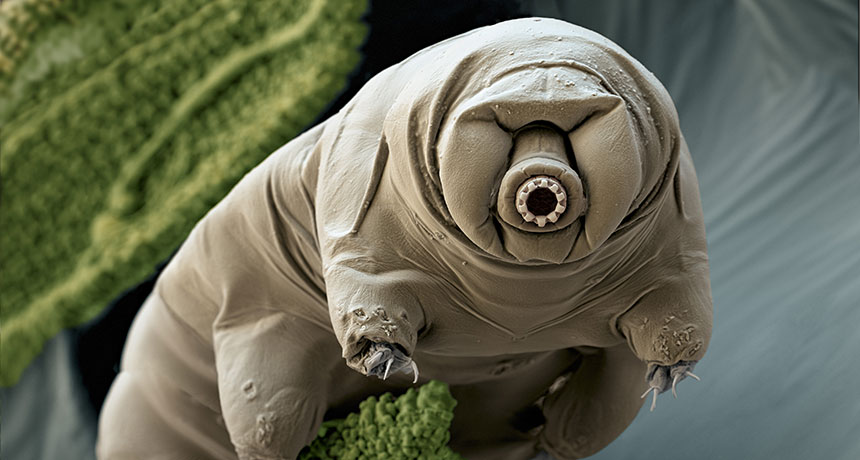
It only took a few days for the results of
a new Tardigrade study to be called into question. No one questions the
hardiness of Tardigrades, aka Water Bears; but are they the great scavengers of
DNA that the Cambridge Researchers suggested? (See the paper by Eyres, et al.)
A paper published by researchers at the University of Edinburgh and the
University of Oxford concludes that the genomic research from Cambridge may have been contaminated by other genomes.
(See also Science News here.) Of course the Cambridge team acknowledged this and worked hard to prevent such
contamination; but the fact is, with incredibly sensitive PCR reactions and
hardy sequencing of small amounts of DNA, contamination is always a
possibility.
The Cambridge team will likely be working
through the Christmas break to see if they can redeem the results of their
previous study. But, with the suggested level of contamination, they might do
well to move to another lab where they can start with a fresh supply of Tardigrades
that will not be prone to the same sources of contamination. Perhaps the only
thing hardier than a Tardigrade is cellular DNA. This lends a further
significance to the concept of selfish genes.